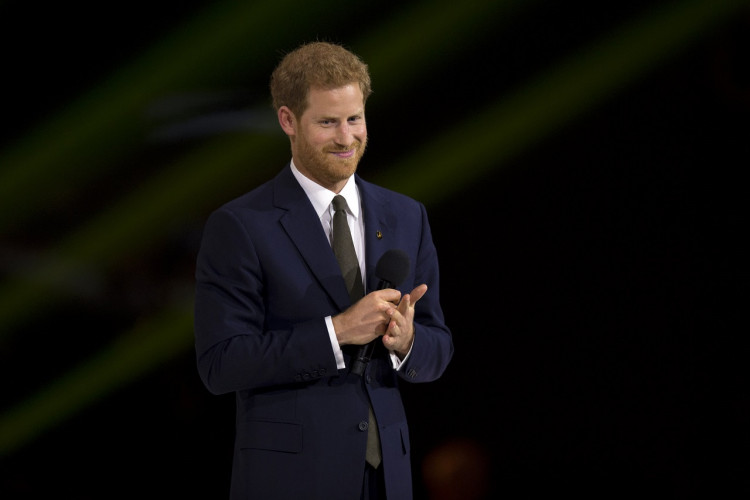Prince Harry's immigration status in the United States has recently come under scrutiny, with some analysts suggesting that the Duke of Sussex may be receiving preferential treatment from the Biden Administration. The controversy has intensified following the Department of Homeland Security's (DHS) statement that Prince Harry "has a right to privacy" concerning his U.S. immigration status.
The heart of the matter lies in Prince Harry's recent memoir, "Spare," where he candidly discussed his past struggles with substance abuse. Given that the disclosure of past substance abuse is a requirement on U.S. visa applications, some commentators, including Dr. Nile Gardiner, a former aide to British Prime Minister Margaret Thatcher, have raised questions about the veracity of Prince Harry's 2020 visa application. They speculate that the Duke might have omitted this information, which could potentially jeopardize his immigration status.
The DHS's stance on the issue has been clear, emphasizing Prince Harry's right to privacy. Jarrod Panter, the Acting Associate Director for Freedom of Information at the DHS, stated, "Despite the public role that Prince Harry has played in the UK and despite information that he has disclosed regarding his personal life, he still maintains a strong privacy interest in his immigration status and information about him reflected in (immigration) records." Panter further noted that Prince Harry has not publicly disclosed his U.S. status and retains rights to personal privacy.
However, the decision to withhold the Duke's immigration records has led to speculation that the Biden administration might be shielding him. Dr. Gardiner remarked, "The Biden administration should come clean over what's contained in the immigration application. So far they are refusing to release the records, which suggests that clearly there is something to hide."
Prince Harry's candid discussions about his past, both in his memoir and in interviews, have been both commendable and controversial. In his book, he detailed his struggles following the tragic death of his mother, Diana, Princess of Wales, in 1997, leading up to his time in the British Army in 2005. He also opened up about his issues with alcoholism during a 2021 interview with Oprah Winfrey.
While the debate over Prince Harry's visa status continues, it underscores the broader challenges faced by high-profile individuals navigating the complexities of immigration, especially in today's politically charged environment. The situation also raises questions about transparency, privacy rights, and the potential influence of political administrations on individual cases. As the story unfolds, it remains to be seen how the Biden administration will address these concerns and whether Prince Harry will take any further steps to clarify his immigration status.






